Default init
March 20, 2018
I just learned something I should have known but didn't and I want to share it with you.
A while back we looked at turning the free function implementation of IntSet into a struct.
We started with something like this.
struct IntSet {
let contains: (Int) -> Bool
}
This includes a property named contains and a default init() that accepts contains.
I wanted to add a way of constructing a set from a range. So I wanted to add this to IntSet.
struct IntSet {
let contains: (Int) -> Bool
init(withRangeFrom lower: Int, to upper: Int) {
contains = {x in
(x >= lower) && (x <= upper)
}
}
}
The problem with this is that it prevents the default init from being generated. So we had to explicitly insert the default init like this.
struct IntSet {
let contains: (Int) -> Bool
init(contains: @escaping (Int) -> Bool) {
self.contains = contains
}
init(withRangeFrom lower: Int, to upper: Int) {
contains = {x in
(x >= lower) && (x <= upper)
}
}
}
or did we....
If we instead add our additional init in an extension then the automatically generated one is still provided.
struct IntSet {
let contains: (Int) -> Bool
}
extension IntSet {
init(withRangeFrom lower: Int, to upper: Int) {
contains = {x in
(x >= lower) && (x <= upper)
}
}
}
Much nicer.
